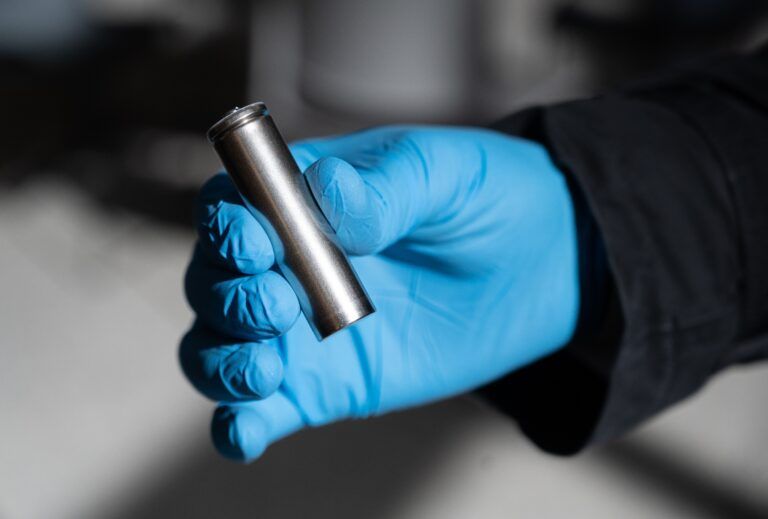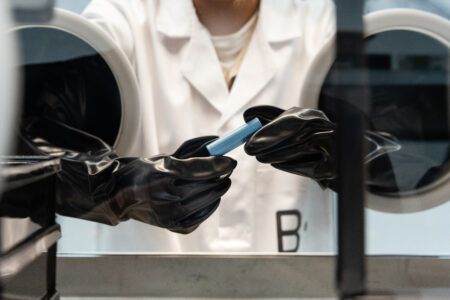The Consortium for Battery Innovation (CBI) has announced their newest member, Hyundai Motor Group, to deliver next-generation automotive lead batteries.
One of the world’s leading car companies, Hyundai Motor Group, joins through its North American design, technology and engineering arm, Hyundai America Technical Center, Inc. (HATCI). Headquartered in Michigan with operations in California and production facilities in Alabama and Georgia, HATCI supports development activities for the Hyundai, Kia, and Genesis brands.
The exciting partnership which brings together innovation on both sides of the automotive sector – research and development – comes at a pivotal time for the global lead battery industry.
Ramping up research efforts to deliver next-generation advanced lead batteries, CBI’s new Technical Roadmap has identified key research pathways for the technology, widely used in start-stop and micro-hybrids. Another growing automotive application identified in the Roadmap is the use of low-voltage lead batteries in electric vehicles (EVs).
“As Hyundai Motor Group and HATCI continues to strive for an eco-friendly mobility future, we see significant value in joining the Consortium for Battery Innovation,” said John Robb, president, HATCI. “Combining resources, knowledge and testing scenarios will positively influence our industry efforts during a pivotal time in moving towards world-class electric vehicle propulsions.”
Director of CBI, Dr Alistair Davidson, said: “Having Hyundai’s Technical Center on board is a giant step forward for the industry in collaborating with the biggest market for advanced lead batteries: the automotive sector.
“By working together with CBI’s global membership, which spans the entire lead battery value chain, Hyundai can really benefit from the latest in technology advancements and be able to integrate the technology into their products.”
Working with the automotive industry is a key pillar of CBI’s work and covers the entire automotive application space, from 12V batteries used in conventional, start-stop and micro-hybrid vehicles to low-voltage EV batteries. Micro-hybrids are predicted to represent 60% of new car sales globally by 2030.
Each year, CBI holds workshops bringing together global lead battery experts and automotive OEMs to create synergies between pioneering research and automotive developments.
Involving car manufacturers like Hyundai in CBI’s automotive lead battery efforts is vital, providing clear avenues for accelerating innovation and developing a harmonized perspective of how lead batteries can meet the increasing demand for energy storage in future vehicles.





